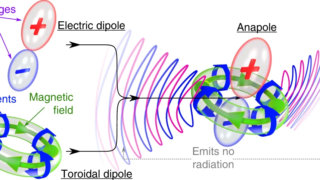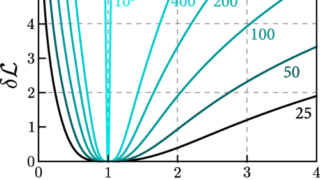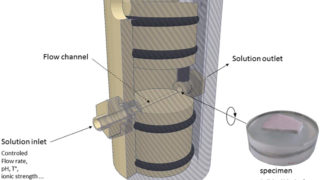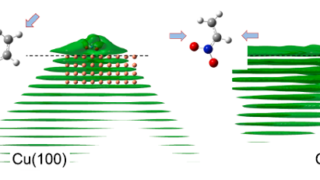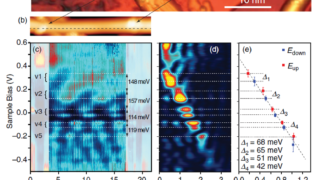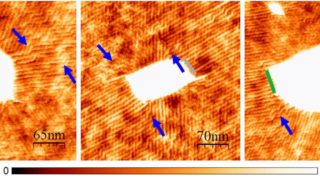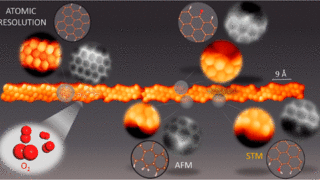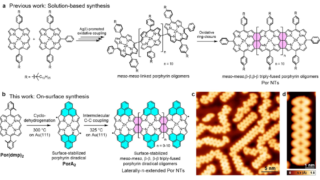
On-surface synthesis of triply linked porphyrin nanotapes
Tetrapyrroles,“the pigments of life”,are key molecules for the metabolism of living organisms, supporting functions of vital importance such as electron transport, light-harvesting and oxygen reduction. Within this family of compounds, porphyrins are organic pigments characterized by the possesion of a cyclic group of four linked nitrogen-containing rings called porphyrin, the nitrogen atoms of which are […]

